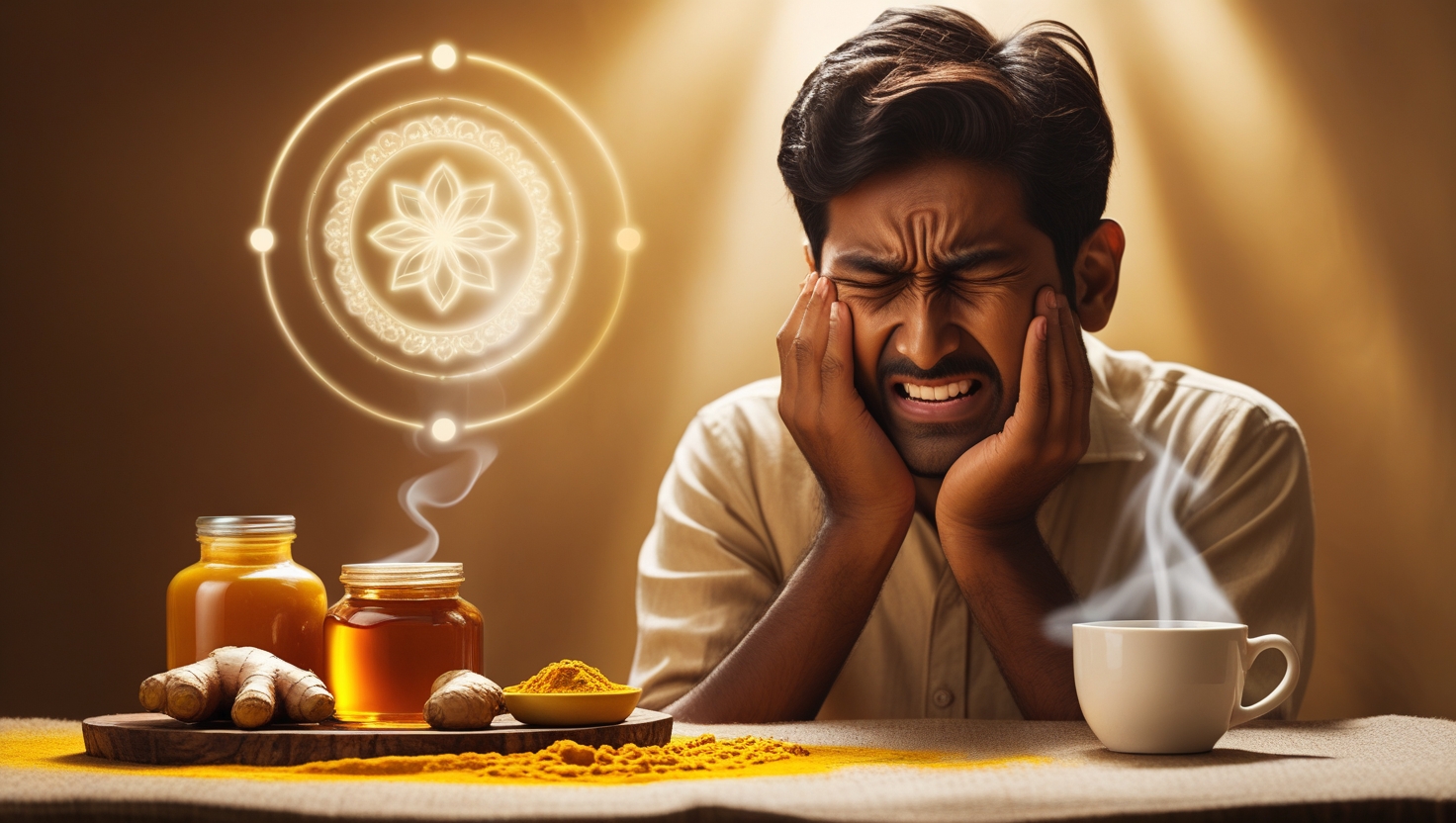What’s the first thing that comes to mind when you wake up?
“I need a hot cup of tea!”
But have you ever wondered what actually happens inside your body after that steaming cup? And why do we Indians simply cannot live without it?
Tea: More Than Just a Drink
Tea is the heartbeat of our culture.
Guests arrive? Tea.
Tired from work? Tea.
Headache bothering you? Tea.
But tea isn’t just about taste — it’s chemistry in a cup, with compounds that affect both your body and mind.
Today, we’ll break down what happens in your body when you drink tea.
Tea’s Basic Ingredients
Your regular cup of tea is made of: water, milk, sugar, and tea leaves.
Milk provides protein and fat.
Sugar quickly converts into glucose, giving instant energy.
Water keeps you hydrated.
The real magic? Tea leaves. They contain compounds that make you alert, fresh, and sometimes even a little jittery.
Caffeine — Your Sleep’s Enemy
Caffeine is the first player here.
Once it enters your blood, it blocks your adenosine receptors in the brain.
In simple terms: these receptors are what make you feel sleepy.
Block them, and suddenly you’re awake and alert — which is why people rely on tea or coffee to stay up late.
Polyphenols — Your Body’s Protectors
Polyphenols are powerful antioxidants.
They fight free radicals, which, if excessive, can damage your skin, speed up aging, and increase risks of cancer or diabetes.
Tea’s catechins and flavonols protect your body from these harmful molecules.
So yes, tea can actually be healthy!
Tannins — The Hidden Risk
Tannins give tea its slight bitterness.
They tighten the lining of your gut and reduce iron absorption.
Drinking too much tea over time can cause iron deficiency, potentially leading to anemia.
This also explains why tea lovers often notice yellowish stains on teeth.
Theanine — Calm for Your Mind
Tea contains a unique amino acid called theanine.
It works like a GABA neurotransmitter, giving a gentle sense of calm and relaxation.
So tea doesn’t just wake you up; it can also soothe your mind.
Color and Aroma — Mood Boosters
The brown color comes from carotenoids and oxidized pigments.
The aroma that instantly lifts your spirits comes from volatile compounds like aldehydes, alcohols, and terpenes.
A cup of tea isn’t just a drink — it’s a mood-altering experience.
Quick Summary
Each cup of tea contains:
✔ Caffeine — wakes you up and keeps you alert.
✔ Polyphenols — protect against disease and aging.
✔ Tannins — may reduce iron absorption if overconsumed.
✔ Theanine — gives your mind a gentle calm.
✔ Natural pigments & aroma compounds — instantly improve your mood.
So the next time you sip tea, remember: it’s not completely healthy, and not completely unhealthy. Balance is key.
Final Thoughts
Tea is more than a drink — it’s a ritual, a culture, and a chemistry experiment in your cup.
How many cups do you drink a day? Share your routine in the comments!
If you enjoyed this, share it with a friend, and don’t forget to subscribe for more health science insights.
